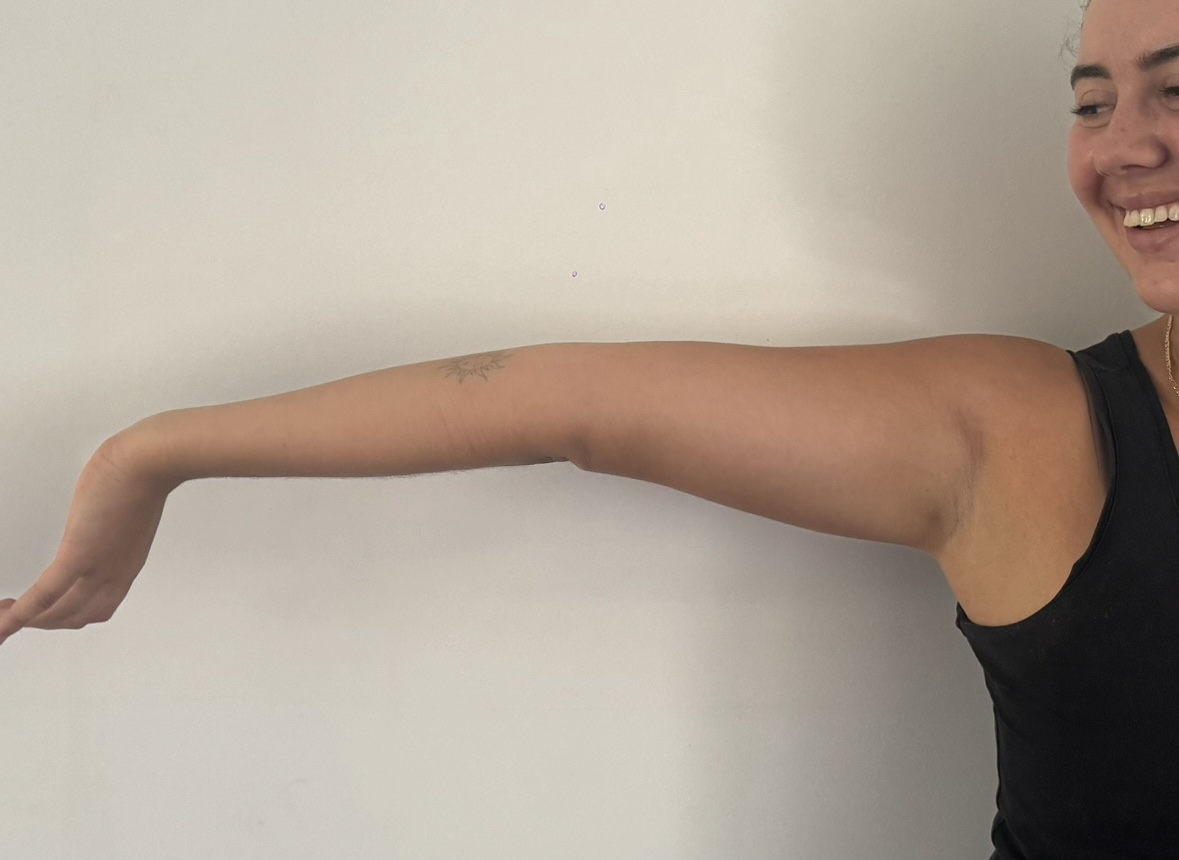
31 Oct Managing Joint Hypermobility with Physio Fit Studio: Why Strength is Key!
Managing Joint Hypermobility with Physio Fit Studio: Why Strength is Key
Joint hypermobility is “the ability to move joints beyond the typical range.” This might seem like a blessing, especially for athletes, dancers, and yogis. However, it can act as a leading cause of pain, joint instability, and fatigue for many people. While it isn’t an injury or diagnosis in itself, when hypermobility starts to cause pain, it can be linked to other conditions, such as Hypermobility Spectrum Disorder (HSD) or hypermobile Ehlers-Danlos Syndrome (hEDS).
If you’re experiencing discomfort related to hypermobility, Physio Fit Studio is here to help. Physiotherapists are the professionals to go to for addressing hyper-mobility, as they don’t just treat pain—they help build long-term joint stability and function through strength training.
What Exactly is Joint Hypermobility?
Hypermobility occurs when joints have a wider range of motion than usual. This is usually due to the passive structures having increased laxity, meaning the ligaments don’t stabilise the joint as firmly. Although many people are born with some degree of hypermobility, they might not realise it until they start experiencing recurrent pain, fatigue, or even joint injuries.
Some people may only have a couple of hypermobile joints, while others have hypermobility throughout their entire body. Left unmanaged, hypermobility can cause:
- Joint pain and instability from overload on passive structure and reduced muscle control.
- Fatigue from muscles overworking to compensate
- Injuries, such as dislocations or sprains
- Compensatory movement patterns, putting extra strain on surrounding areas
Why You Need Strength Training
Flexibility comes naturally to those with have hypermobile joints— but they also crave strength to maintain stability (which the passive structures are lacking). Ligaments in hypermobile people don’t offer as much structural support, which means strong muscles are essential to protect and stabilise joints.
Research supports that strength training can reduce pain, fatigue, and injury while improving posture and endurance.
Our team at Physio Fit Studio will design a personalised rehabilitation program that focuses on:
- Core strength to support the spine and hips
- Resistance training to build muscle around vulnerable joints
- Balance exercises to improve stability and coordination
- Postural correction to avoid compensatory movement patterns
With the right guidance, you’ll learn to move efficiently, minimising stress on your joints while building resilience over time.
How Physiotherapy Can Help You
At Physio Fit Studio, we understand that hypermobile individuals need a unique approach. Our team doesn’t just treat symptoms—we identify and address the underlying muscle imbalances and movement patterns contributing to your pain. We’ll also educate you about safe activities and exercises, so you can stay active without fear of injury.
During your session, we may:
- Use tools like the Beighton scale to assess your flexibility.
- Develop a personalised exercise plan with an emphasis on strength and stability.
- Offer manual therapy to release tight muscles and improve alignment.
At Physio Fit Studio we take a holistic approach to managing hypermobility. Since the condition can also affect other systems—like the heart, gut, and skin—we’ll tailor our strategies to help you function better in all aspects of life.
Book Your Session Today
If hypermobility is causing you pain or interfering with your daily life, don’t wait to get help. Strength training and movement education are essential for long-term management, and Physio Fit Studio is the best place to get started. Our physios will provide you with the tools, exercises, and support needed to build strength, avoid injuries, and feel your best.
Contact Physio Fit Studio today to schedule your appointment, and let’s get you moving with confidence!


Call: (02) 6674 4142